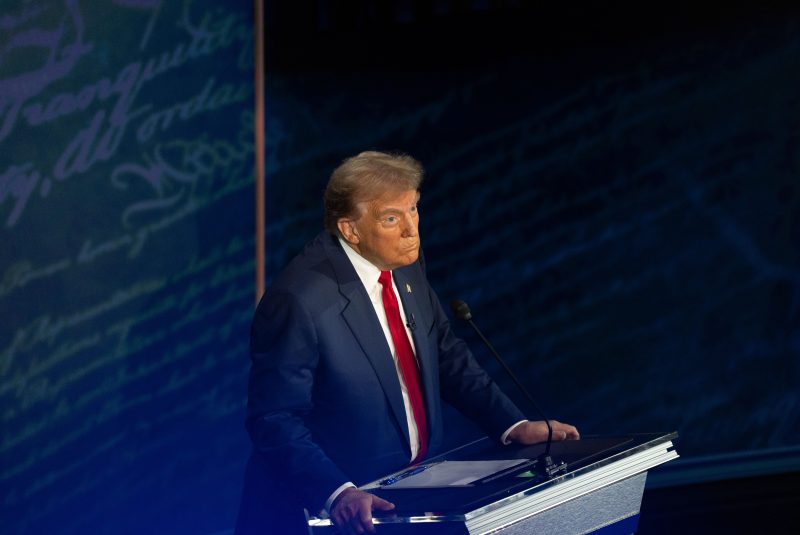In recent years, the concept of fact-checking has gained substantial prominence in the realm of politics and public discourse. The rise of misinformation and disinformation has spurred the need for real-time fact-checks to hold public figures and media outlets accountable. However, with the entry of former President Donald Trump into the debate, the dynamics of fact-checking have taken a contentious turn.
One of the defining features of Trump’s presidency was his combative stance towards fact-checking efforts. As noted in a comprehensive analysis by the Washington Post, Trump made over 30,000 false or misleading claims during his tenure, setting a new standard for political dishonesty. In response, fact-checkers scrambled to provide real-time corrections and clarifications to counter the spread of misinformation.
Trump, however, viewed fact-checking as a direct assault on his credibility and authority. He regularly attacked fact-checkers and labeled their findings as biased or politically motivated. By undermining the credibility of fact-checkers, Trump sought to delegitimize their efforts and shape the narrative to his advantage. This adversarial approach towards fact-checking created a polarizing environment, where the line between truth and falsehood became blurred.
The battle between Trump and fact-checkers reached a boiling point during the 2020 presidential election. Trump’s repeated claims of election fraud and his refusal to accept the election results triggered a wave of fact-checking initiatives to debunk his baseless allegations. Social media platforms, such as Twitter and Facebook, implemented fact-check labels on Trump’s posts to provide users with accurate information and context.
Despite these efforts, Trump’s followers remained steadfast in their belief in his narrative, showcasing the deep-rooted challenge of combating misinformation. The intersection of politics, media, and fact-checking underscored the power dynamics at play in shaping public opinion. While fact-checkers aimed to uphold the truth, their impact was limited in the face of entrenched political ideologies and echo chambers.
Moving forward, the legacy of Trump’s war against real-time fact-checks serves as a cautionary tale for the future of information verification. The need for robust fact-checking mechanisms remains crucial in an era dominated by fake news and alternative facts. As we navigate the complex landscape of truth and falsehood, the role of fact-checkers in upholding transparency and accountability is more vital than ever.
In conclusion, the clash between Trump and real-time fact-checks reflects the broader challenge of navigating truth in a post-truth society. By dissecting the nuances of this conflict, we can glean insights into the evolving nature of political discourse and the critical role of fact-checking in upholding the integrity of information dissemination. As we confront the repercussions of misinformation and disinformation, the battle for truth continues to shape the fabric of our democracy.
